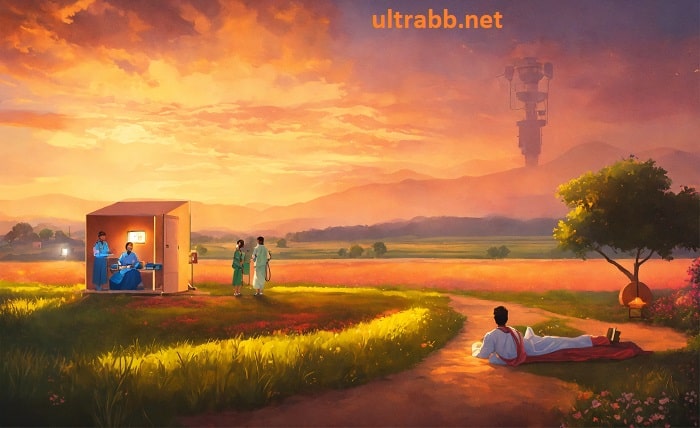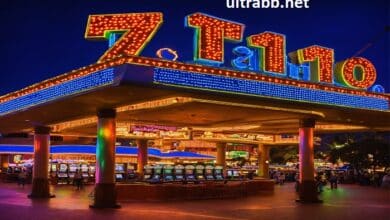Erasing the Unspeakable: A Journey Through Nguyen Duy Tri’s The Last Sunshine 2022

Memory, that fickle mirror reflecting both joy and sorrow, can be a blessing and a curse. Holding onto cherished moments brings warmth, but clinging to painful ones can be an anchor weighing us down. What if, however, we could selectively edit our past, erasing the unbearable and leaving only the sunshine? This provocative premise forms the core of Nguyen Duy Tri’s 2022 novel, “The Last Sunshine,” a hauntingly beautiful exploration of the ethical and emotional implications of memory manipulation.
Delving into the Depths of Trauma
Tri’s protagonist, Linh, carries the invisible scars of a brutal assault. The trauma reshapes her reality, casting a long shadow that distorts her sense of self and happiness. Seeking solace, she turns to the enigmatic Memory Institute, where revolutionary technology promises to erase unwanted memories. With a single procedure, Linh hopes to banish the demons that torment her, paving the way for a fresh start.
The Allure and Peril of Selective Erasure
The Memory Institute’s technology presents a tempting escape from the burdens of the past. Yet, Tri masterfully avoids portraying memory erasure as a simplistic solution. Through Linh’s journey, we grapple with the potential consequences of tampering with our narratives. Can erasing painful memories truly heal us, or does it risk severing us from the tapestry of experiences that shape who we are?
Facing the Facets of Identity
Memory is not merely a record of events; it’s the foundation of our identity. As Linh delves into the Memory Institute’s process, she confronts the unsettling prospect of losing parts of herself in exchange for peace. The novel delves into philosophical questions about the self, prompting us to consider: if we erase our dark chapters, do we erase a part of who we are? Is a pain-free existence worth sacrificing a piece of our authentic selves?
The Shadows of Ethics and Morality
Tri doesn’t shy away from exploring the ethical quandaries surrounding memory manipulation. The Memory Institute operates in a grey area, raising questions about consent, agency, and the potential for exploitation. As Linh navigates the institute’s protocols, we confront the possibility of a future where memories are commodified and controlled, raising concerns about societal manipulation and the erosion of individual autonomy.
Beyond the Binary: Redemption and Acceptance
“The Last Sunshine” transcends the simplistic binary of memory erasure as either salvation or self-destruction. Through Linh’s journey, we discover the potential for healing and acceptance within the embrace of our complete selves, both the light and the dark. While erasing some memories may provide temporary relief, true healing lies in confronting and integrating our past experiences, even the painful ones, into the mosaic of who we are.
The Lingering Afterglow
Long after the final page is turned, “The Last Sunshine” lingers in the mind, prompting introspection and sparking deep conversations about memory, identity, and the ethics of altering our past. Tri’s masterful storytelling compels us to grapple with the complexities of human experience, reminding us that the sun always shines after the storm, even if the scars remain as whispers of our resilience.
Conclusion
Nguyen Duy Tri’s “The Last Sunshine” is more than just a captivating novel; it’s a potent thought experiment that challenges our understanding of memory, trauma, and the very essence of being human. With its hauntingly beautiful prose and unflinching exploration of ethical dilemmas, “The Last Sunshine” is a must-read for anyone who has ever questioned the past, grappled with pain, or yearned for a fresh start.
FAQ
- Is “The Last Sunshine” based on a true story?
While the technology presented in the novel is fictional, the exploration of trauma and its impact on memory draws inspiration from real-world experiences and ongoing research in memory manipulation.
- Does Linh ultimately erase her memories?
The novel’s ending is deliberately ambiguous, leaving the reader to ponder the choices she makes and their consequences.
- Is “The Last Sunshine” a dystopian novel?
While the book explores elements of a society reliant on memory manipulation, it does not fall neatly into the dystopian genre. Instead, it presents a nuanced and thought-provoking exploration of a potential future.
- What are the themes of “The Last Sunshine”?
The novel delves into themes of trauma, memory, identity, ethics, and the human condition.



